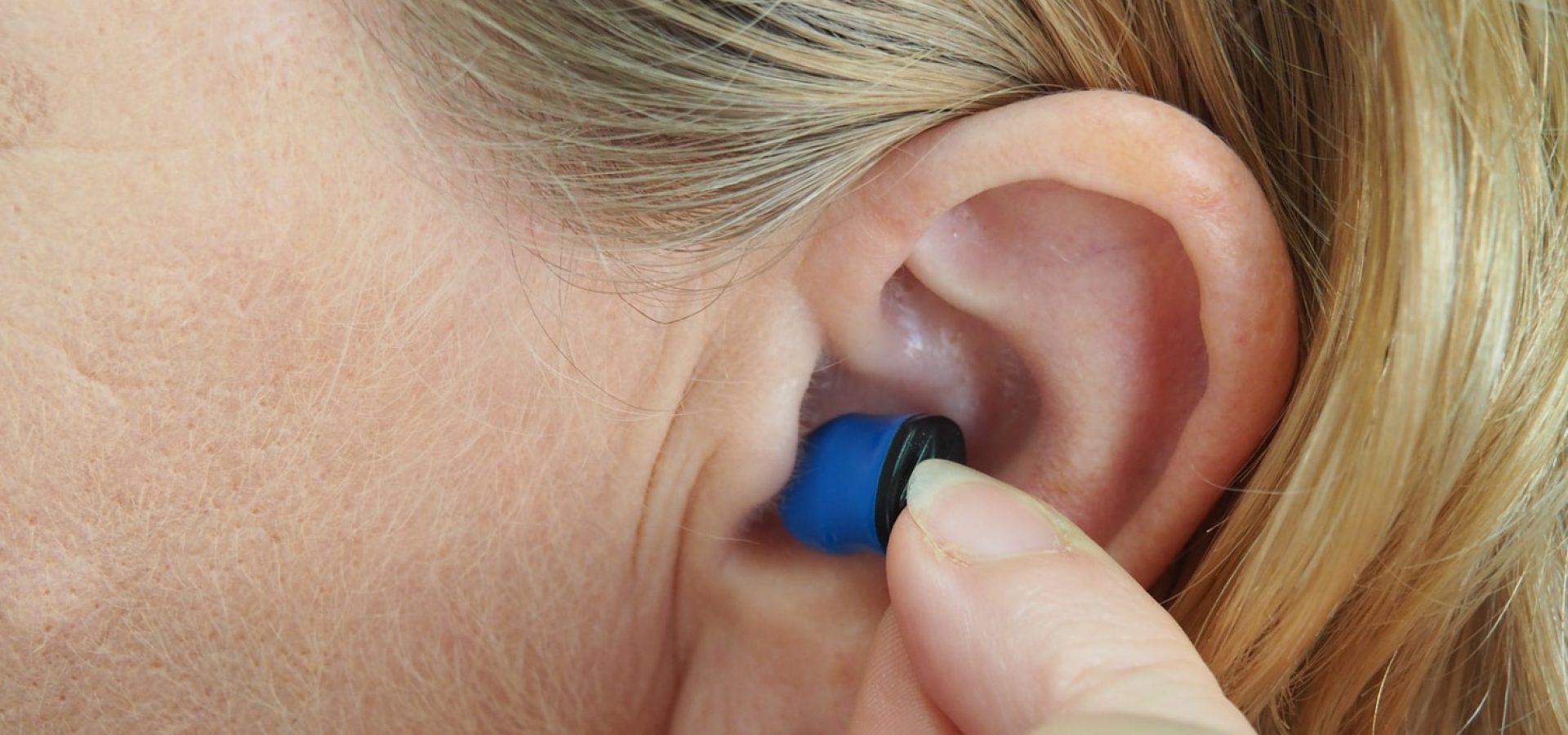Menu

There’s a very basic fact when it comes to sounds: it’s all a lot of vibrations. Needless to say, airborne vibrations are caught by the ears. That said, in order to make sense of it all, it’s the brain that decodes all the signals.
Hearing is largely a collaboration between the brain and the ear. This is how sounds like speech and music are processed (and appreciated or otherwise).
Having a better, deeper knowledge of the way the brain contributes to hearing is helpful. This way, possible causes and typically unseen or felt effects of hearing loss are better understood.
The Ears Hear
As previously mentioned, sound waves are collected by the ear and turned into signals for processing by the brain. The outer ear, or the visible part, is particularly responsible for sound collection. As soon as the sound waves enter the ear canal, they become mechanical vibrations. These move through fluid and bones before finally getting to the ear’s inner part.
It’s the inner ear that does the most work. The mechanical vibrations are converted into electrical signals. The latter ends up in the brain by way of the auditory nerve.
The Brain Hears
It’s not just hearing that the brain comprehends and regulates. All of the senses are in on it: touch, sight, smell, and taste. When a particular sense sends information to the brain, the brain processes that accordingly. In terms of hearing, the brain immediately processes the sound signals by:
- Focusing on key sounds
- Filtering sounds that are unwanted
- Interpreting sounds that are new or unfamiliar
- Understanding speech
Over time, the brain has learned to recognize sounds crucial for communication, safety, and understanding. Moreover, it now knows to focus on those things more than other factors.
As sound signals change over time, the brain will adapt accordingly. The brain will usually try to fill in the gaps when sound signals are rather weak. Thanks to the brain, hearing health improvements can be achieved with proper adjustment. Hearing aids, therapy, and more are able to go better thanks to the brain.
Hearing Aids Can Help the Brain Process Signals
Sound signals have to be of a certain quality for the brain to understand them well. Hearing aids are able to boost the brain’s signal processing by helping sounds to be balanced and complete. Benefits include, but are not limited to:
- Boost sounds that are hard to hear for the brain to get stronger signals
- Enhances ability to focus
- Help with hearing from one direction at a time
- Provide consistent sounds
- Reduces the effort needed in order to hear properly
- Remove at least some unwanted background sounds
- Restore hearing imbalances
- Restore ability to tell where sounds come from partially
Conclusion
It’s pretty much a given that the ears are, well, for hearing. In truth, the ear is constantly working with the brain for sound vibrations to be converted until it becomes signals the brain can process. When the sound signals are weak, the brain tries to fill in the gaps. Thankfully, hearing aids can help the brain process those signals better.
Are you in need of the services of a hearing clinic in Langley and Abbotsford? Check out Fraser Valley Beltone today! Our hearing instrument practitioners conduct hearing tests and offer hearing aids to help you regain your quality of hearing and life. Get in touch with us today!
Share Post
Facebook
Twitter
LinkedIn
Email
Reddit
Pinterest
